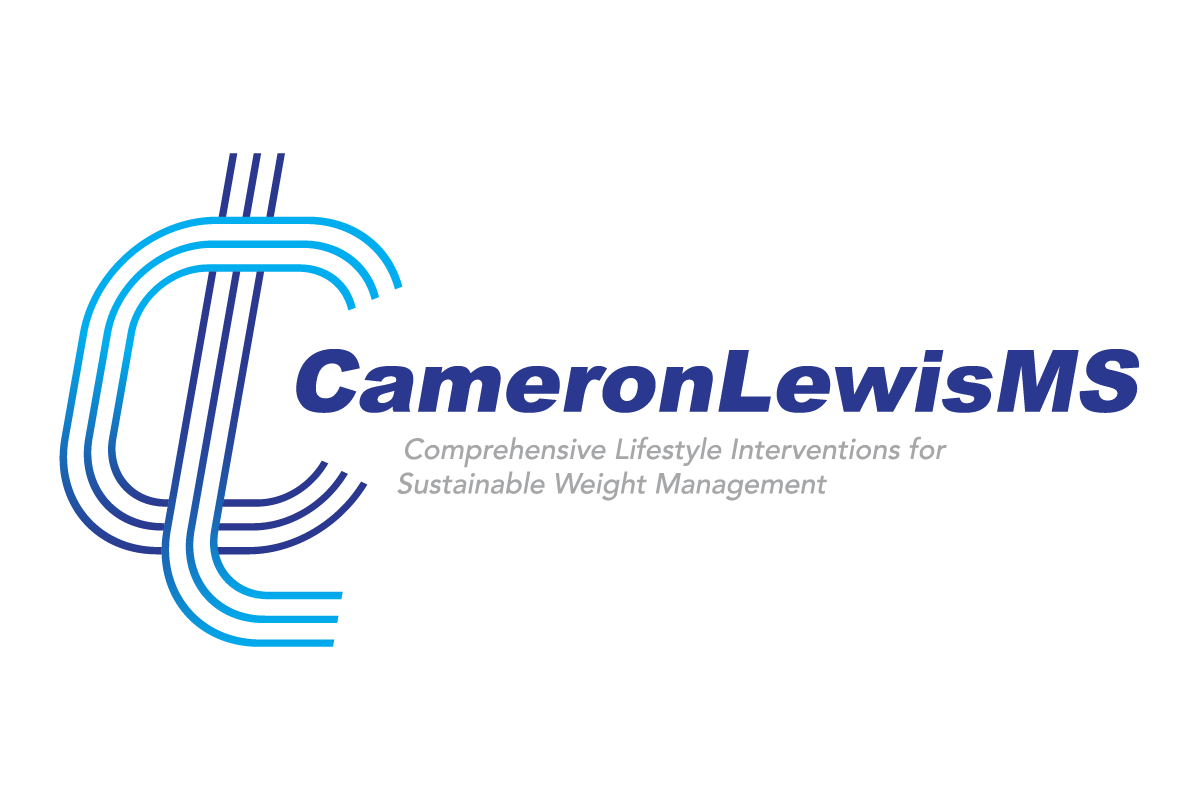
Transform Trauma into Healing
Specialized EMDR Therapy for PTSD | Serving Seattle, the Eastside, and Bellingham
Rapid relief for PTSD and complex trauma
Use your insurance benefits with out-of-network coverage
Online EMDR sessions available anywhere in Washington
“ I enjoy the privilege of helping people safely and lovingly reconnect to the deepest, most sacred parts of themselves—heal—and awaken to lead truly awe-inspiring lives. I continue this work to help alleviate human suffering, and provide others the opportunity to overcome enduring and self-defeating responses to life’s challenges. I am often able to help people who have previously been in therapy, but have yet to find relief.”
-Cameron Lewis, MS, Licensed Mental Health Counselor
What is PTSD?
PTSD or “shock trauma” is caused by a single-incident traumatic event, such as a physical or sexual assault, car accident, natural disaster, life-threatening illness, military combat, and first responder burnout experienced either directly or through repeated exposure to the detailed experience of others (secondary traumatic experience).
However, the development of PTSD is more complex than simply encountering trauma. Factors such as genetic predisposition, existing mental health conditions, personality traits, and social support systems all play a role in determining a person’s vulnerability.
Common symptoms include intrusive thoughts, feeling on edge, hypervigilance, flashbacks, nightmares, avoidance behaviors, and ongoing negative emotions of fear, blame, guilt, anger or shame.
These symptoms stem from the unresolved stress response, and may significantly disrupt daily life and necessitate formal trauma therapy.
PTSD treatment targets the unresolved fight, flight, and freeze stress response held within the sympathetic nervous system.
What is C-PTSD?
C-PTSD, also known as “complex trauma,” occurs when a child or young person experiences chronic misattunement from caregivers, or is subjected to environments of abuse and/or neglect. This negatively impacts the developing nervous system and disrupts the child’s emerging sense of self.
In addition to traditional PTSD symptoms, these disruptions precipitate a psychobiological process of toxic shame—negative self-concept, emotional dysregulation, and interpersonal difficulties—that disrupt multiple facets of both physiological & psychological functioning.
As adults, these disruptions can leave us with weak or absent boundaries, an insecure attachment style, and render us susceptible to further emotional or narcissistic abuse, as well as other relational challenges.
C-PTSD treatment additionally targets emotional and physiological dysregulation associated with toxic shame.
Symptoms such as dissociation, self-hatred, depression, emotional numbness, hopelessness, shutting-down, codependency, and other strategies of disconnection helped us survive harsh environments in childhood, but today function as barriers to joyful, meaningful connection with others.
How EMDR helps with trauma and PTSD
PTSD symptoms often come from unprocessed memories that feel “stuck” in the brain and body. EMDR therapy allows you to safely reprocess those experiences so they no longer trigger the same distress. Many clients experience rapid symptom relief and long-term improvements in daily functioning.
EMDR therapy does not require talking in detail about the distressing issue or
completing homework between sessions. EMDR therapy, rather than focusing on changing the emotions, thoughts, or behaviors resulting from the distressing issue, allows the brain to resume its natural healing process.
EMDR therapy is designed to resolve unprocessed traumatic memories in the brain. For many clients, EMDR therapy can be completed in fewer sessions than other
psychotherapies.
Our brains have a natural way to recover from traumatic memories and events. This process involves communication between the amygdala (the alarm signal for stressful events), the hippocampus (which assists with learning, including memories about safety and danger), and the prefrontal cortex (which analyzes and controls behavior and emotion). While many times traumatic experiences can be managed and resolved spontaneously, at other times they may not be processed without help.
Stress responses are part of our natural fight, flight, freeze, or fawn instincts. When distress from a disturbing event remains, the upsetting images, thoughts, and emotions may create an overwhelming feeling of being back in that moment, or of being “frozen in time.” EMDR therapy helps the brain reprocess these memories, and allows normal healing to resume. The experience is still remembered, but the stress response from the original event is resolved.
Healing Complex Trauma With EMDR Therapy
Connection is our deepest desire and our greatest fear.
Sometimes the safest way we learn to cope with the aftershock from childhood abuse or neglect is to disconnect from our true Self, and create a workable persona or "protector," fervently committed to keeping us safe by avoiding further emotional injury at any cost.
As adults, daily challenges trigger our protective parts with fear-provoking situations that elicit reactive, shielding responses, and keep us stuck looping in repetitive cycles.
While these protective defenses with their "never again" mantra had reliably sheltered our vulnerability in the past, today they function as painful reminders of lingering wounds and barriers to joyful, meaningful connection with others.
When connected to and operating from our true Self, we can cultivate secure—ultimately transformative—attachments to these shunned, shamed, and exiled pain-holding parts of our innermost being. This process engenders an inner harmony and equanimity once only dreamed possible, allowing you to make choices grounded in the authenticity of who you truly are.
With EMDR therapy, healing becomes a reality, enabling you to feel empowered and in alignment with your authentic Self. I'm honored and privileged to have helped numerous souls awaken to these liberating and joyous states of inner reconciliation.





